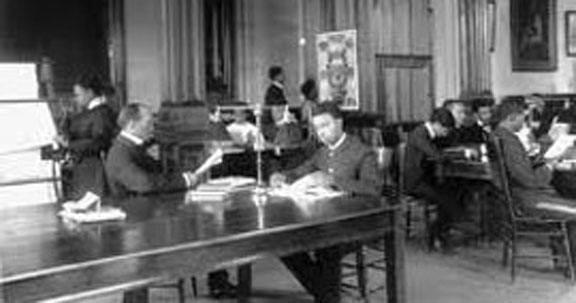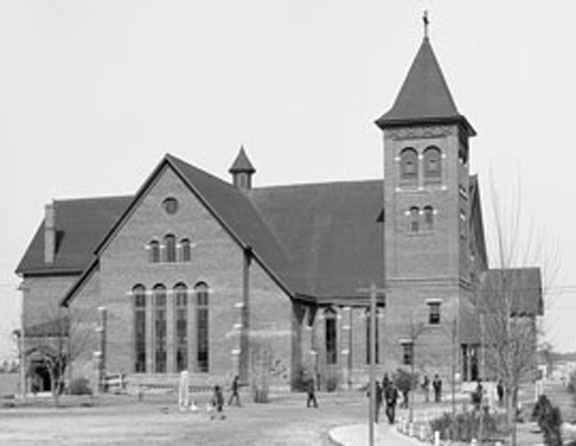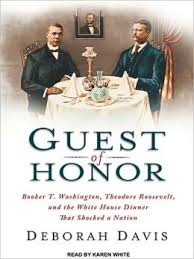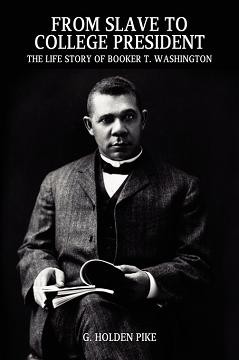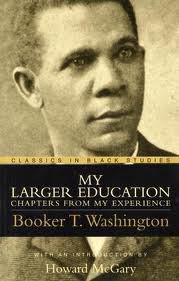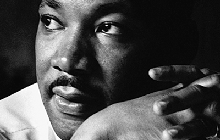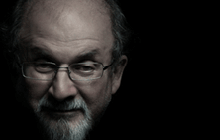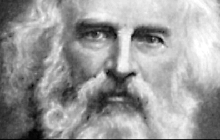Academic subjects were always the primary part of the school’s curriculum, but Booker T.’s aim was to help Southern rural blacks escape poverty. Tuskegee Normal & Industrial Institute was, after all, a teacher’s college. Booker T. was simply determined to ensure that every student had a means to support himself or herself after returning home to teach.
Accordingly, he insisted on “correlation”—encouraging students to apply the technical training they received in the classroom to solving the real practical problems they encountered in their shops and laboratories.
Today, this method is sometimes called “interdisciplinary learning.” Booker T. taught, “The world cares very little about what a man knows; it is what a man is able to do that counts.”
Booker T. also believed faith was a critical element of a well-rounded education. The chapel was one of over 100 campus buildings built by students during his tenure. Though Tuskegee was non-sectarian, its daily life was permeated by active religion. This included Sunday preaching services and Sunday school classes, daily evening chapel devotionals, and a “Week of Prayer” held every January. “In the sight of God there is no color line,” he wrote, “and we want to cultivate a spirit that will make us forget that there is such a line anyway.”
Booker T. also established a Bible Training School in 1893 to prepare students for the Christian ministry. Students helped out at community churches on Sundays. They ran a YMCA that looked after the sick, needy and elderly in the area and a Humane Society for the proper care of animals. He argued, “Educated men and women, especially those who are in college, very often get the idea that religion is fit only for the common people… No young man or woman can make a greater error than this.”



